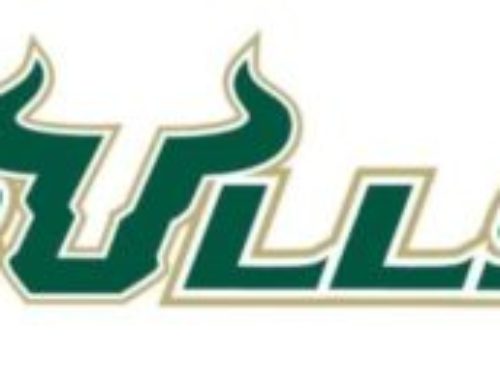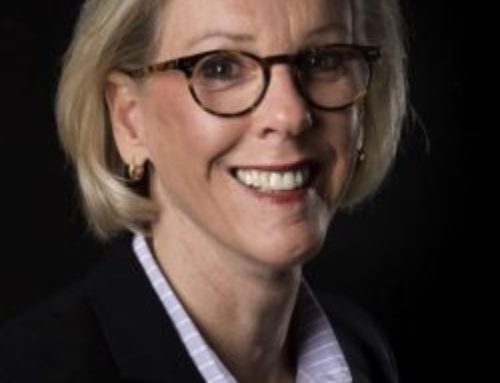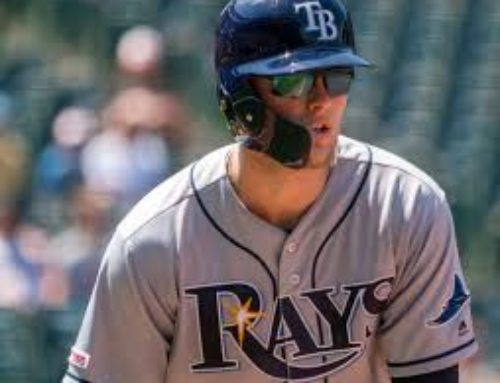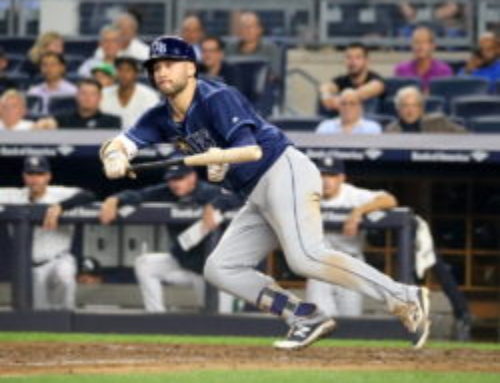Rays fans got a look at pitcher David Price in last year’s playoffs, but those who know him best say there is much more to see.
By JOEY JOHNSTON
The Tampa Tribune
(c) Tampa Bay Times. Originally published March 1, 2009.
PORT CHARLOTTE — When his fastball explodes through the strike zone, when his paralyzing slider causes a batter’s knees to buckle, it’s difficult to show restraint about the future of Rays rookie pitcher David Price.
Particularly when you’re a teammate.
“I’ve got him winning 20 games this year,” Rays catcher Dioner Navarro said. “He’s more than capable of doing that.”
“He’s crazy good,” pitcher Scott Kazmir said.
“He’s not just a regular No. 1 pitcher,” left fielder Carl Crawford said. “He’s a dominant No. 1 pitcher. An ace.”
Kid Dynamite himself?
He’s the voice of reason.
“This is a humbling game,” said Price, 23, whose body (6-foot-6, 225 pounds) and brief body of work (12-1, 2.30 ERA in the minor leagues) have established him as baseball’s No. 1 prospect. “You have to stay grounded.”
By all accounts, that will not be a problem for Price.
He remains beloved at Vanderbilt University, where he became the best player in college baseball. It was the springboard for his status as No. 1 overall draft pick in 2007. Those coaches and players agree: Price’s best quality isn’t his dominating left arm or his 97 mph heater.
It’s his head.
“He’s an energy-giver,” Vanderbilt coach Tim Corbin said. “He is truly a ray of sunshine. He likes being in the arena more than he likes getting attention. I don’t think the innocence will ever leave him. He just wants to compete.”
Price’s biggest competition might be earning a roster spot coming out of spring training. Jeff Niemann and Jason Hammel are candidates for the No. 5 starting position. They are out of options and can’t be sent down, so there’s a risk of losing them to a waiver claim, leaving Price as a candidate for Triple-A Durham.
Who knows where it will lead? There could be a transaction. Maybe an injury will clear up the logjam. Or if Price blows everyone away in spring training, it might be a moot point. Either way, the business side of baseball could creep in for the Rays, who are famously cautious with development of their young players.
“The only thing I know is we just can’t wait to see David Price get started,” Crawford said.
Actually, the kid’s major-league story already has begun. And the opening chapter was priceless.
Moment Of Truth
The Rays – the Rays! – were four outs away from the World Series. But in Game 7 of the American League Championship Series, the Boston Red Sox, trailing by two runs, had loaded the bases with two outs in the eighth inning.
J.D. Drew came to the plate.
Rays manager Joe Maddon motioned for Price, a September call-up who had appeared in only seven big-league games.
“We felt David could handle that big moment,” Maddon said.
At the California apartment of Shea Robin, Price’s catcher at Vanderbilt, a game-watching party went from festive to intense.
“David doesn’t get scared,” Robin said. “He’s so happy-go-lucky, he probably just wanted to go throw and have fun. I had a feeling what was going to happen.”
In the stands at Tropicana Field, Price’s father, Bonnie, was not nervous.
“David actually likes the pressure,” Price’s father said.
And at the Nashville home of Corbin, Price’s old coach sensed some baseball justice.
“The last pitch David threw at Vanderbilt, he gave up a home run [in the NCAA Super Regionals], and it knocked us out of a trip to the College World Series,” Corbin said. “I always tell kids if you work hard and treat the game with respect, it will reward you. For that to happen to David, as much as he did, it just wasn’t fair.
“I remember telling David, ‘The game will come back around to help you.’ So there he was. And I remember thinking, ‘This could be that moment.'”
Drew, a contact hitter, looked at Price’s first offering, a cut fastball. Strike one!
He waved at another cut fastball, this one 87 mph. Strike two!
Price cranked it up to 97 mph, low and away. Ball.
Then Drew, properly befuddled by the changing speeds, tried to check his swing on another 97-mph laser. Too late. Strike three! Inning over.
Price pitched the ninth, walking one batter, but getting an ALCS-ending grounder to Akinori Iwamura. Price raised his arms, then hugged a leaping Navarro before both players were buried in the celebratory avalanche.
Back in Nashville, Katie Feyes, Price’s academic counselor at Vanderbilt, blinked away tears of joy.
“At that moment, I had a flashback,” Feyes said. “I truly realized how far he had come.”
Humble Beginnings
Price was raised in Murfreesboro, Tenn., just outside of Nashville, where his father managed a warehouse and his mother, Debbie, was a vice president and accountant for a health-care firm.
He was an all-everything athlete – even college basketball was a possibility, with his left-handed bombs from beyond the 3-point arc reminiscent of Chris Mullin’s firewagon style – but he opted for baseball close to home.
“David was a guy we needed to get, and it was a perfect situation for him,” Vanderbilt pitching coach Derek Johnson said. “He was a homebody. His family could see him pitch here. It was win-win all the way.”
A few months into his freshman year, Price was miserable.
He was struggling academically. He was battered off the mound in a scrimmage. He questioned whether he belonged. He told Corbin and his parents of the plan.
He would quit school and the team. He might enroll at a junior college. He considered a job at McDonald’s.
“I had a moment where I just wanted to be normal,” Price said. “The pressure had built up and it hit me all at once. I couldn’t be myself. It wasn’t any fun. Coach Corbin was the key. He wasn’t going to let me give up on my baseball future. I listened to him.”
And ever since, Price’s life has been at warp speed.
“I’ve never had anyone work harder academically,” Feyes said. “Every day, David came to my office at lunch. He finished up his work while he ate. He always asked, ‘What more can I do? How can I improve?’ I told him, and he did it. He made himself into an excellent student at a very demanding school.”
“I told David, ‘You quit this one time and the second time it will be even easier to quit,’ ” said Price’s father, who now works full-time on his son’s charitable foundation, Project One Four. “He got it together. He doesn’t want to be put on a pedestal. He just wants to be David Price, baseball player.”
On the days he didn’t start, Vanderbilt fans could have confused Price for the team’s bat boy. He was into every pitch, the first to congratulate a run-scoring teammate, maintaining a running banter, pointing out things to coaches.
“He was not only the best player, but he was the best teammate I’ve ever seen,” Corbin said.
Now, everyone breathlessly awaits the next chapter.
Price’s former Vanderbilt teammate, Cleveland Indians pitcher Jensen Lewis, has been warning his clubhouse about the impending storm.
“David’s stuff is flat-out electric,” Lewis said. “The ball comes out of his hand differently. When a guy fouls it off, it has a different feel. It just sounds different.”
As the 2008 postseason approached, Lewis told Price to get ready. The playoffs, he said, would be unlike any previous baseball game. Price was skeptical.
“I thought it would be louder maybe,” said Price, who is engaged to his longtime girlfriend, and a December wedding is planned. “But every pitch is unbelievably intense. You do good things, and people remember for years.”
Things like eliminating the Red Sox. Things like providing a sneak preview of a potentially remarkable career.
Yes, the postseason is different. But so, too, is David Price.
Is the future now? Time will tell. But with such tantalizing possibilities, in the eyes of Rays fans and teammates, it can’t get here fast enough.





